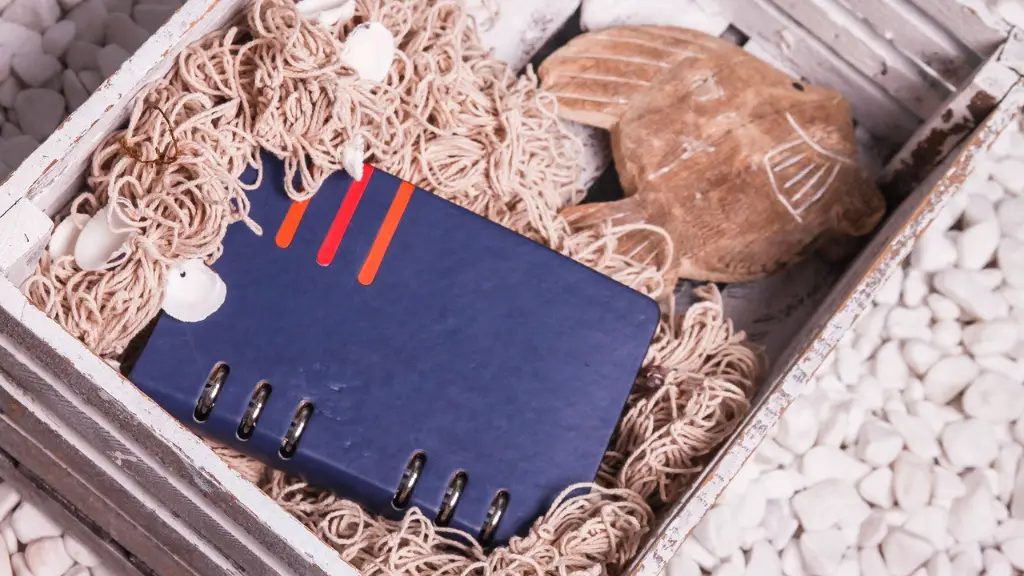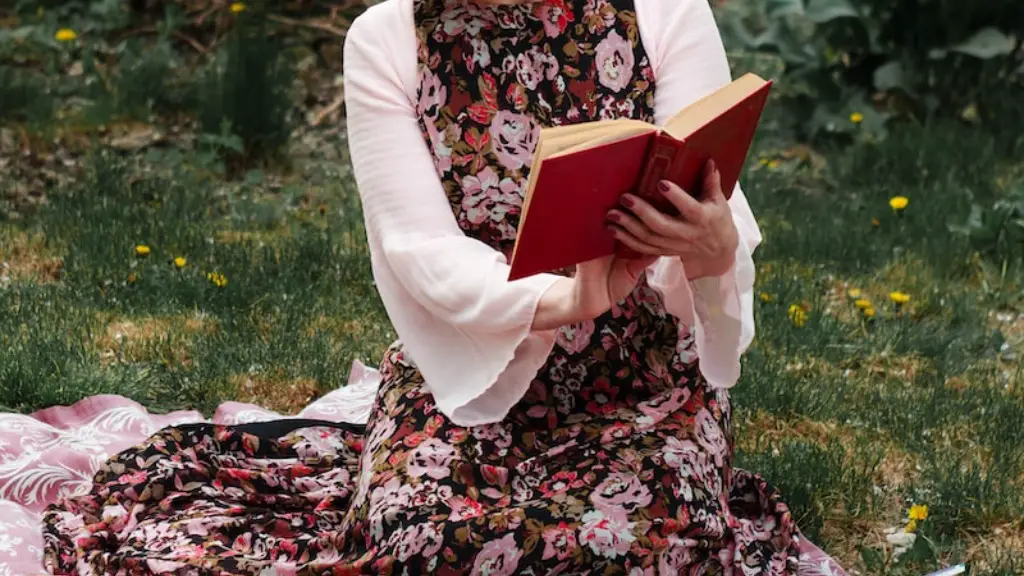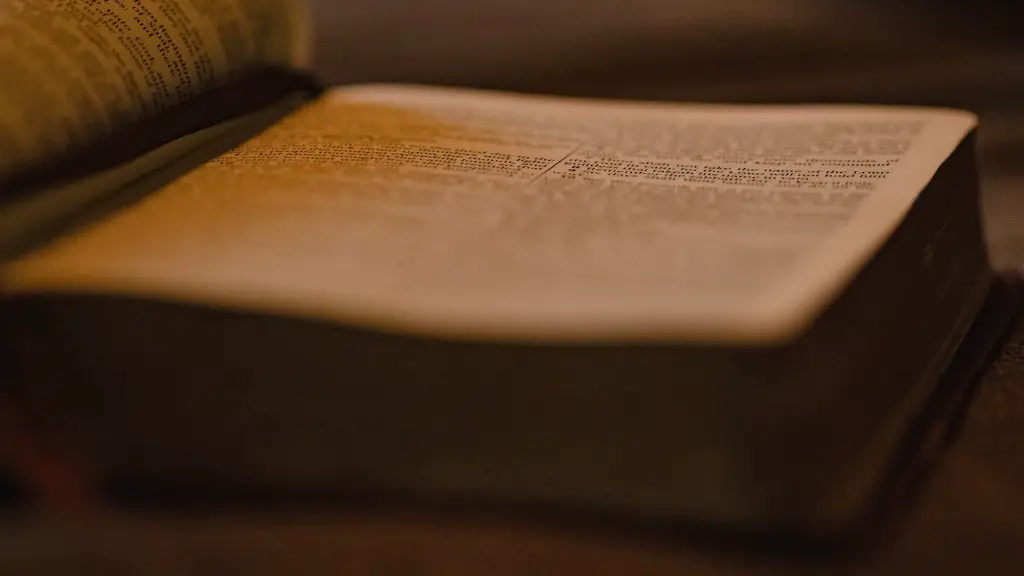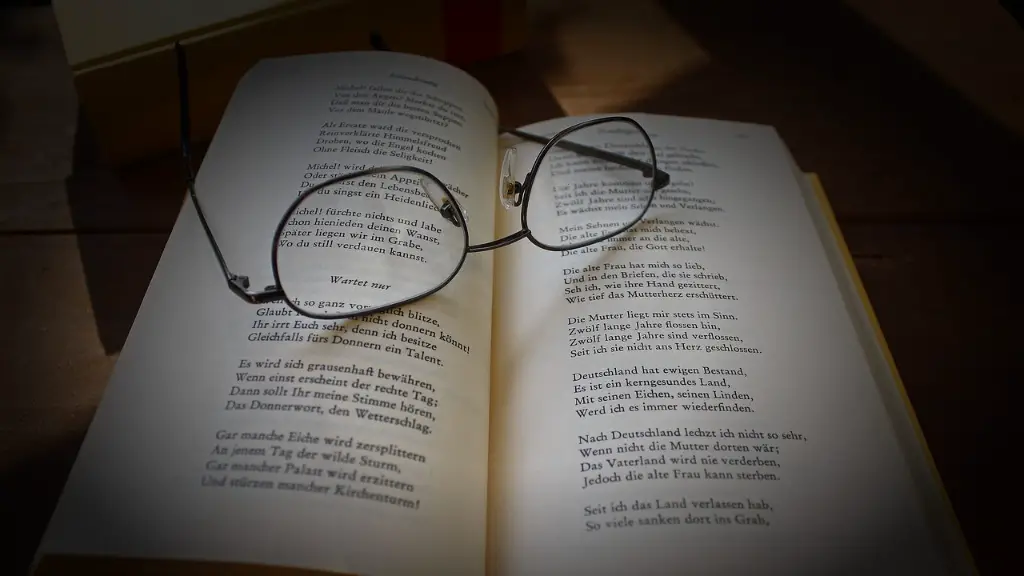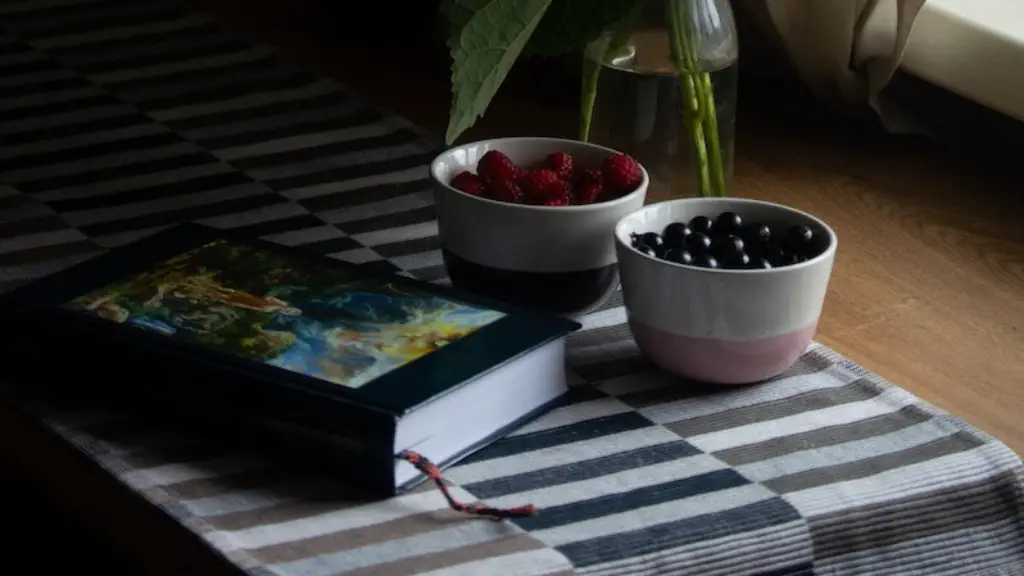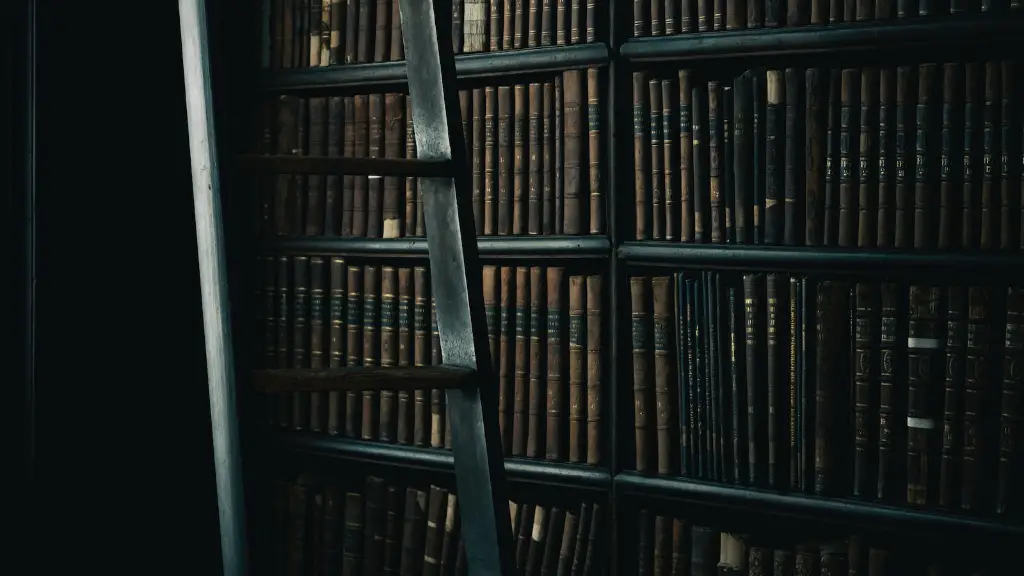A poetry verse is an individual line of written expression that follows particular rules, often specific to a language or culture. At its simplest, a verse is a single line of poetry, though a verse can also be a larger unit, such as the two-line couplet or the three-line tercet. Verses are often divided into stanzas, or logical blocks of rhyme, rhythm and thought.
Poetry verses are an important part of a larger poem or song. Built from individual lines, they indicate a pause or break in the poem where you can move on to the next thought. Verses generally have a set line length and rhyme scheme, which helps organize the poem and add to its musical, lyrical quality. Verses can be made up of words, syllables or even lines of other poems, depending on the type of poem.
In some types of poetry, the form of the poem is very specific and is dictated by the number of syllables in each line and the required rhymes. Sonnets, for example, generally have fourteen lines and follow a particular rhyme scheme. Each line must have the same number of syllables, normally around ten, and come together to join the poem as a whole. Verses in these types of poems also follow particular rhythmic patterns, known as meter.
In contrast, in a free verse poem, no rhyme scheme or line length is required. Words, lines, and even stanzas can break the traditional rules of poetry. Instead of rhyme, free verse poets may use musical techniques such as alliteration, assonance and rhythm to connect their thoughts. While it may appear that free verse is just a collection of words, many free verse poets use form and structure when writing, to produce poetry that still upholds poetic values.
For some writers, writing poetry can be an outlet for emotion and an opportunity to express worries and fears. Fictional poets can create stories and characters in line with their thoughts and feelings, which often have a greater depth since they come through a poetic form. Verses that portray a character’s struggle to deal with illness, sadness or hope may be able to communicate profound emotions to the reader through their words.
Poetry has also become a tool for expression on a more wide-reaching scale. Today poets such as Rage against the Machine and Bob Dylan combine poetic forms with rap and rock music to produce songs that aim to spread awareness about social issues. Political poets often use their works to discuss injustice and draw attention to those in need. Poetry sees increased usage at times of protest and during rallies, with many poets using their words to emphasize their point.
Types of Verbs
Verbs exist in many different forms, from the most basic to more complex variations. A basic verb is composed of a single syllable and is used to indicate an action or state of being. These verbs are known as monosyllabic verbs and are some of the most frequently used in all types of writing. Monosyllabic verbs can be combined to form larger phrases and sentences. More complex verbs such as prefixes, participles and phrasal verbs are all used to provide more nuanced meaning to a poem.
Prefixes, which are added to the start of a word, can modify, adjust or change the intended meaning of a verb. They can also add a tone of politeness to the line. For example, the word “waiting” can be altered when adding the prefix “re-,” changing the word to “rewaiting.” This can be used to suggest that the action of waiting must be repeated in order for it to be successful.
Participles are also used to provide a richer, more descriptive quality to the line. The first participle – the present participle – is typically used to describe something that is currently happening. For example, “turning” would indicate that an action is or was in progress. This participle can also be used to indicate a future action. The second participle – the past participle – is typically used to describe something that has already happened.
Phrasal verbs are two-word verbs that are used to indicate a particular type of action. For example, the verb phrase “look up” means to search for information or a solution. “Look down” would indicate the opposite, to ignore or disregard something. These two-word phrases can add more complexity to the line and provide more potency to the poem.
The Structure of Verses
The structure of a verse often depends on the form of the poem. In a sonnet or set form poem, the halves of the poem must come together and be woven together in the end of the poem. The introduction may be through questions, observations or even an exclamation. In between the two halves of the poem lies the resolution, which is the answer to the introduction. This resolution should tie up any loose ends in the poem and bridge the idea of the beginning paragraph and the last paragraph.
Free verse has much more flexibility when it comes to structure – the only structure is that which is produced by the words in the poem. In this instance, the structure of the poem develops slowly, sentence by sentence. Shifts in thought, tone and rhythm occur to create the desired feeling at the end of the poem. Transitions between paragraphs must be smooth; the ideas between the verses should link together without a jarring shift in thought or language use.
Regardless of the structure of the poem, each line must move the poem forward and provide meaning to the reader. The verses should also bring clarity to any ideas discussed. Each line should take the poem in the intended direction and help build up the poem until it reaches its conclusion.
The Purpose of Poetry
Poetry can fulfill many different purposes. Some poets use it as a tool of self-expression and communication while others use it as a form of art to capture life and truth. Writing poems can also be used to convey messages and stories to others, and they are often used to celebrate and commemorate.
Poetry has been used for thousands of years to influence people in many different ways. It can be used to explore emotions, provide insight into life, and tell stories about people and their experiences. Poetry allows us to document how we experience the world around us in words, giving us a way to share our view of the world with other people.
Poetry has been used throughout history to prompt change as well. Poets can use their words to challenge political issues, raise awareness and speak out about injustice. They can even use their words to bring comfort and hope during difficult times.
The most important purpose of poetry, however, is to give expression to feelings, thoughts and experiences. Poetry, perhaps more than any other literary form, provides a platform to share stories and lessons and connect with others.
The Legacy of Poetry
The influence of poetry has been long-lasting throughout history. Writers have used poetry to document their lives, share their struggles and joys, and explore the world around them. Poetry has been used as an outlet and an escape, as well as a tool to spread awareness and push for social change.
From ancient Greek tragedies to modern rap and hip-hop, poetry has remained the source of powerful messages. Its words are potent and can capture emotion, opinion, and feelings like nothing else. Its ability to move us, challenge us, and teach us makes it more valuable now than ever.
Poetry continues to be an important part of our world today. Many writers, poets, and musicians have used poetry to influence and shape culture. From Shakespeare to John Donne, these writers have used their words to capture and comment on the times they lived in. Their words remain with us today, a testament to their power and their impact.
Modern Uses of Poetry
Today, there is a world of poetry that exists in both popular and underground forms. On social media, poets write about their lives and thoughts, connecting with their audience on a unique, personal level. They use their words to share experiences, spread meaningful messages, and spark conversations about important topics.
Poetry slams, which combine the written word and performance, are popular events in many countries. At poetry slams, poets write individual pieces and perform them in front of an audience who judges their work. Poetry slams bring poetry to life and provide a platform for people to experience the power of the written word.
In many countries, especially in Europe, poetry is a cherished art form. Many poetically inclined countries hold festivals and competitions that give recognition and awards to the best poets of the year. These events celebrate the writing of poets and encourage growth in the poetic world.
In addition, poetry workshops, classes and retreats are available around the world. These teaching places provide a safe area to create, share and explore the world of poetry. Such places often serve as beacons of inspiration and creativity for aspiring poets.
The Future of Poetry
The future of poetry continues to remain bright. The power of its words will keep it alive for many years to come. As people continue to create and explore the world of poetry, its impact will continue to be felt.
Modern technology is changing the way that poetry is consumed and shared. New platforms for writers allow for a more diverse audience and more opportunity for poets to spread their words. As technology continues to evolve, so too will our consumption and sharing of poetry.
As long as people continue to write and perform poetry, it will remain a fundamental part of our world. Its ability to evoke emotion and provide insight make it an invaluable tool to document, reflect and share experiences. As we write, read and share poetry, its legacy and power will continue to evolve.
